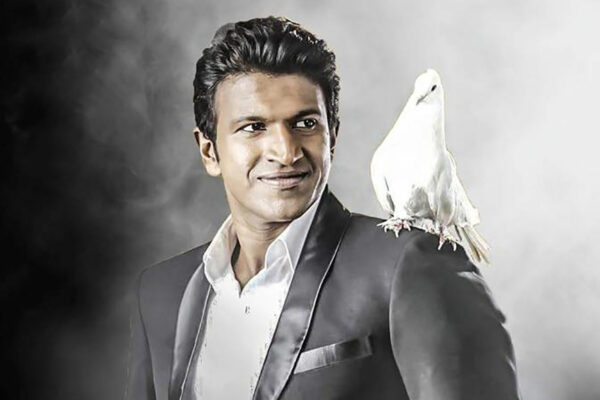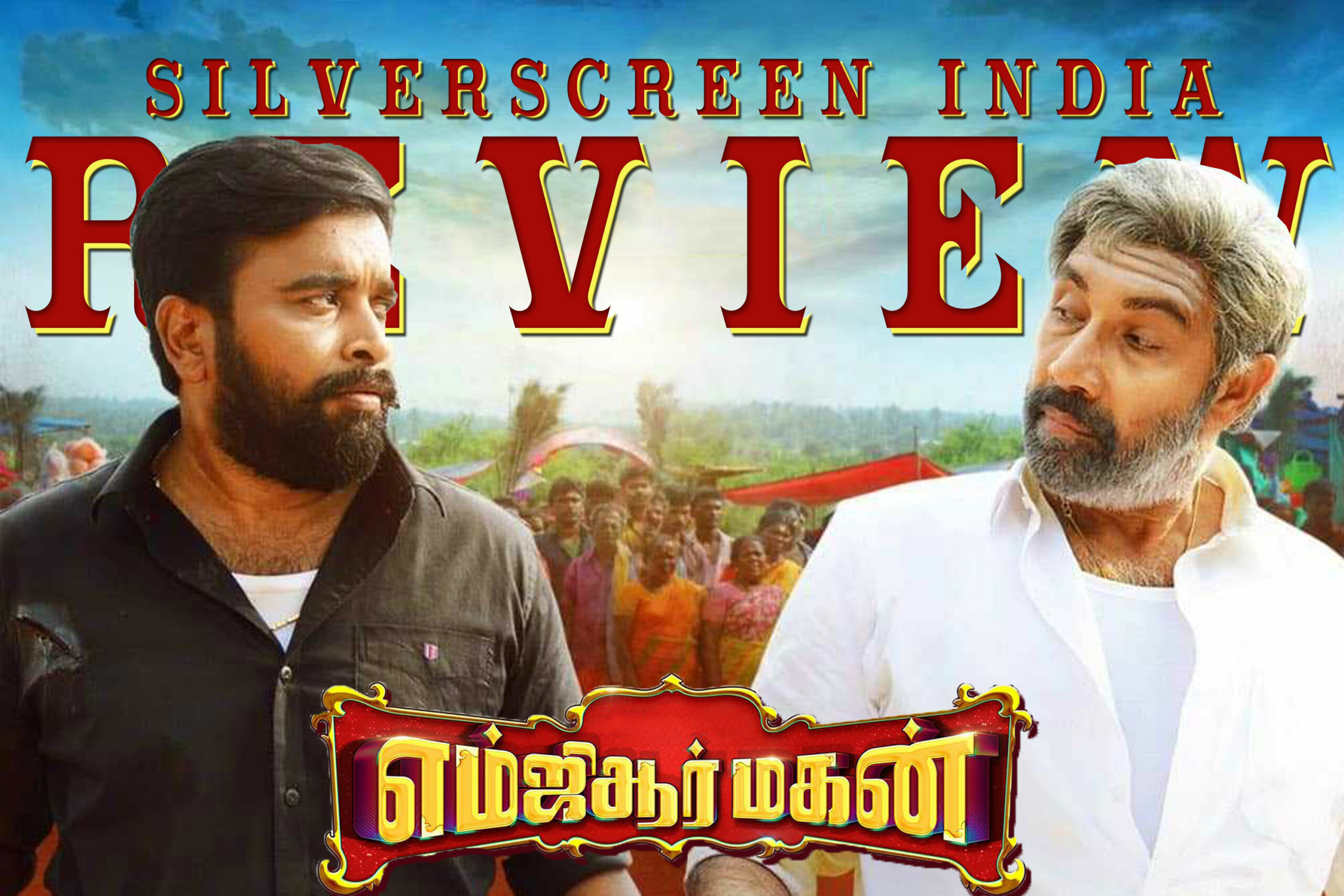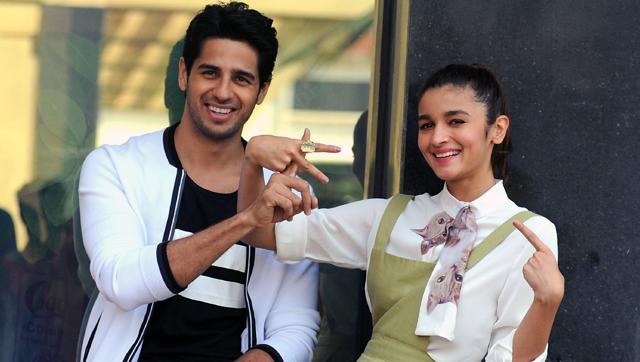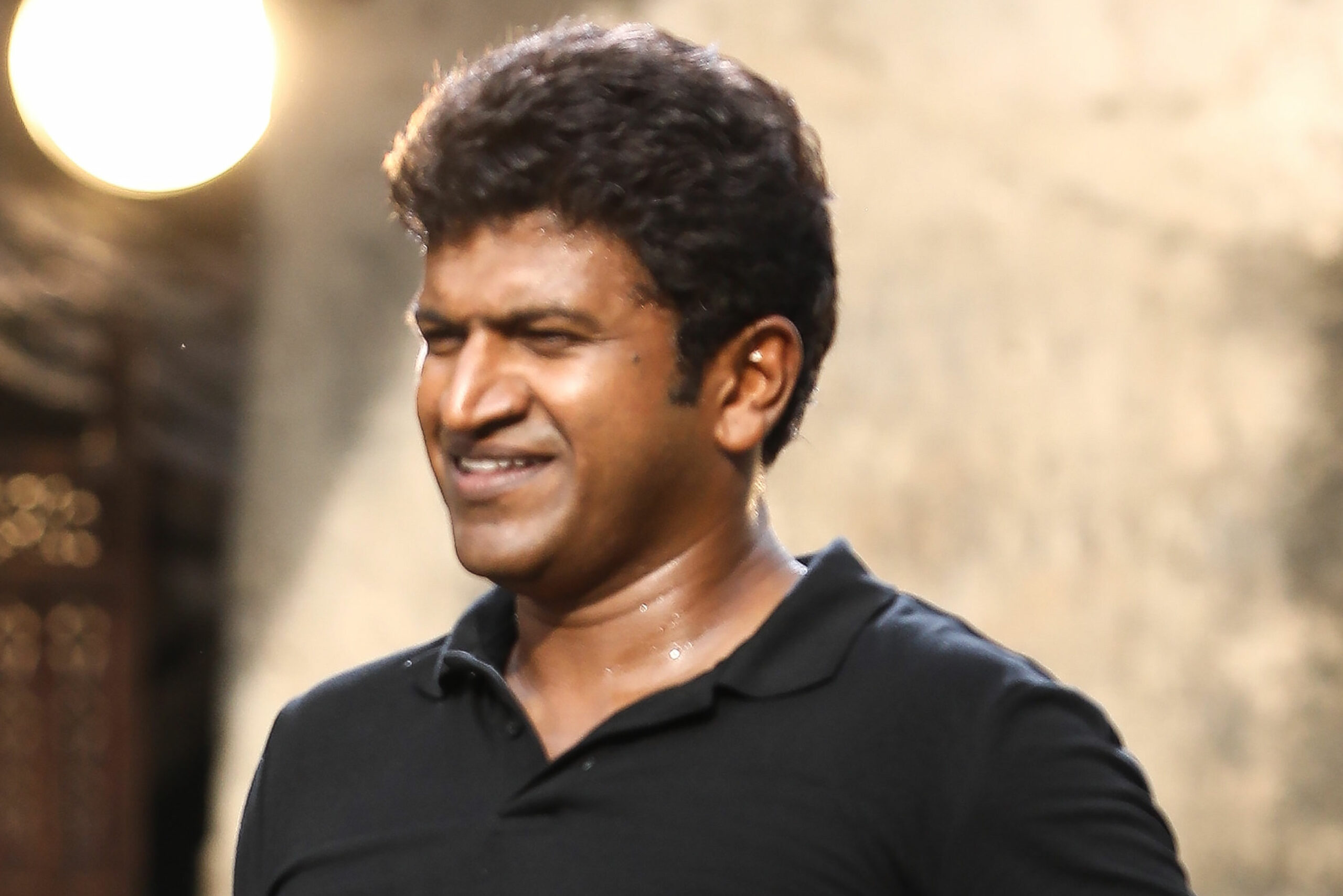Puneeth Rajkumar, one of the most famous actors of the Kannada film industry, was laid to rest with state honours, on Sunday at Bengaluru’s Sree Kanteerava Studios. However, the news of his death still seems fresh in the hearts of many who knew him, both professionally and personally.
Born on March 17, 1975 to legendary actor-singer Rajkumar and Parvathamma, Puneeth hailed from the first family of Kannada cinema. Puneeth, then called Lohit, entered the film industry when still an infant with the 1976 film Premada Kanike. After 14 films as a child artist, at the age of 26, Puneeth made his debut as a lead actor in Appu (2002). The film proved to be a massive hit, and was followed by many more successful films, such as Milana (2007) and Jackie (2010), turning the actor into a bankable star and earning him the moniker ‘Power Star’. But he was still fondly called ‘Appu’ by his fans and peers.
His promising career came to a sudden halt on October 29, when Puneeth complained of chest pains in the morning, was admitted to Vikram Hospital and succumbed to cardiac arrest at the age of 46. His demise came as a shock to everyone. Fellow actor Kichcha Sudeepa called it a “dark patch” in the film industry.
Puneeth was not just an actor but also a producer. Under his banner PRK Productions, he bankrolled films such as the Danish Sait-starrer French Biriyani (2020) and Kavaludaari (2019).
Cinematographer-filmmaker Vijay Milton, who is directing Puneeth’s brother Shivarajkumar in the upcoming Kannada film Bairagee, tells Silverscreen India, “Puneeth wished to produce off-beat films and that’s why he founded the banner. We had several conversations over it.”
Milton adds that the members of the Rajkumar family have all been “very humble people who never threw their weight around despite the great legacy they carry.”
Puneeth, who predominantly worked in the Kannada industry, was also a fan of Tamil cinema. His 2012 film, Yaare Koogadali, was a remake of the Tamil action thriller Poraali, directed by Samuthirakani. Speaking to Silverscreen India, director Ponkumaran shares how that remake came about.
Ponkumaran, who primarily directs films in Kannada but also works in Tamil cinema, explains that he met the actor for a storytelling session after his second Kannada directorial, Chaarulatha (2012), when Puneeth asked to meet him. “He stressed that he wanted a realistic script as opposed to a commercial one. When I asked what kind of film he had in his mind, he said he wanted a film like Poraali. I gave him Samuthirakani’s number and they eventually collaborated on the remake. The film was received well,” says the filmmaker.
“Though his fans loved commercial blockbusters and he himself had a marketable image, Puneeth was an ardent fan of art-house cinema,” he adds.

Calling Puneeth a “fan of cinema” irrespective of the language, Ponkumaran says he found Puneeth had watched almost all films that came from the Tamil industry. The actor also loved the language, he reveals. “There’s a particular incident that happened at an awards function in Hyderabad to my friends. They were speaking in Tamil and Puneeth, who was passing by, upon hearing Tamil, came and introduced himself and joined the conversation. He also knew every nook and corner of Chennai.”
Cinematographer Milton also notes that Puneeth was a “regular follower” of Tamil cinema. “He was up-to-date about all the filmmakers, even newcomers, and moreover, he was fond of the Tamil language. He appreciated my Tamil films, Goli Soda and Vazhakku Enn 18/9. Though he was an actor, he took a keen interest in the technical side of filmmaking – something that I had not seen before. He kept himself updated about the latest lens and lights and made sure his own studio was solidly equipped.”
Recommended
Ponkumaran reveals another facet of the late actor – as a gracious host. “I had taken an early morning flight from Chennai to meet him at his house in Bengaluru in 2012. The car he had sent to the airport for me was already there and so, I did not have time to get breakfast before going to his home. The first thing he asked me to do when I got there was to eat. I hesitated but he insisted and made sure that I had some food before our discussion. He was a very friendly person who was down-to-earth and treated everyone with the utmost respect,” adds Ponkumaran.
Producer Yogish Dwarakish of the Dwarakish Chitra banner, a family friend of Puneeth’s, shares that their were fortunate enough to get Puneeth to sing for their production house’s 50th film, Chowka (2017). “Our 52nd film, Ayushman Bhava, was with Shivarajkumar anna, and we wanted to do a film with Appu, but unfortunately, we couldn’t. He was one of the humblest, most disciplined and sincerest actors that I have seen. He never got into any controversy and was loved by all.”
Yogish also notes that their families have been connected for decades. Rajkumar and Yogish’s father, Dwarakish, formed a popular actor-comedian duo in Kannada cinema of the 60s and 70s. “Later, Rajkumar sir made my father a producer and starred in his first production venture, Mayor Muthanna. So far, we have produced 53 films, all because of Rajkumar sir who made my father a producer. The relationship between our families continued with Shivanna [Shivarajkumar] and Appu.”

When Puneeth’s 2017 film Raajakumara, directed by filmmaker Santhosh Ananddram, became a blockbuster hit, the actor started being fondly referred to as ‘raajakumara‘ (prince) by his colleagues and fans. Condoling his untimely demise, his co-star in that film, Priya Anand, wrote on Twitter: “The nicest person I’ve had the honour of crossing paths with… My Raajakumara.”
“When the song Bombe Helutaithe (from Raajakumara) was played in theatres, there were fans who connected with it so much they were brought to tears. He was truly a raajakumaran of the industry and had massive fan following. He had no enemies,” says Ponkumaran.
Yogish adds, “Appu was raajakumara for us. As Rajkumar’s son, it was only right that he starred in a film called Raajakumara. It was also a very nice film and an apt one for Appu.”
“46 is no age to die and it’s cruel of god and fate to take him away. Just a day before his death, we had a party and he spent the entire night with us. His passing the very next day is not digestible,” Yogish mourns. “His passing is a great loss to all of Indian cinema, but especially for the Kannada industry.”



